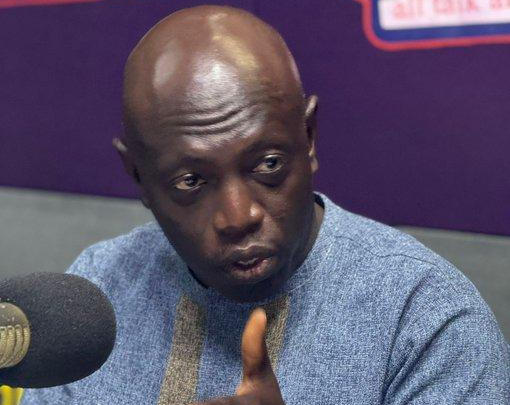The Institute of Economic Research and Public Policy (IERPP) has launched a scathing critique of the Mahama administration’s newly implemented GH¢1 tax on every litre of fuel, denouncing it as a regressive measure that will exacerbate poverty and widen the gap between the rich and the poor. In a strongly worded statement, the IERPP expressed deep concern over the government’s persistent reliance on taxation as a panacea for the energy sector’s woes, advocating instead for pragmatic policies that address the fundamental inefficiencies plaguing electricity generation, transmission, and distribution. The think tank argues that this new tax, representing an 8% increase in fuel prices, places an undue burden on low-income earners, who are already struggling under the weight of economic hardship.
The IERPP highlights the disproportionate impact of the fuel tax on vulnerable populations. Unlike taxes on mobile money transactions, which can be circumvented through alternative payment methods, the fuel tax is unavoidable due to its pervasive influence on transportation costs and the pricing of goods. For low-income individuals, this translates to a larger portion of their disposable income being allocated to fuel expenses compared to their wealthier counterparts. This disparity is further compounded by the likelihood of public transport fare hikes should global oil prices continue to rise, a scenario that would further squeeze the budgets of those least able to afford it.
The think tank’s criticism extends beyond the immediate impact of the tax, delving into the underlying issues within the energy sector. The IERPP accuses the Mahama administration of mismanaging the sector and forcing ordinary citizens to bear the financial consequences of their incompetence. Instead of addressing the systemic inefficiencies in power generation and revenue collection, the government has opted for a quick fix that penalizes the public. The IERPP challenges the President to identify a single policy aimed at resolving these fundamental problems, suggesting a lack of genuine commitment to reforming the sector.
Further escalating their condemnation, the IERPP has called for the resignation or dismissal of the Energy Minister, holding him accountable for the persistent challenges plaguing the sector. The think tank accuses the government of breaking its promises and betraying the public trust, particularly referencing Finance Minister Cassiel Ato Forson’s earlier assertion that revenue mobilization did not necessitate tax hikes. This inconsistency between words and actions further underscores the government’s perceived lack of credibility in addressing the nation’s economic challenges.
The fuel tax, according to the IERPP, is not merely an economic misstep but a moral failing. It represents a broken promise and a betrayal of the public trust. By imposing this additional burden on citizens already grappling with economic hardships, the government is exacerbating existing inequalities and further marginalizing vulnerable populations. The IERPP argues that instead of resorting to regressive taxation, the administration should prioritize structural reforms within the energy sector. Such reforms, if properly implemented, could lead to long-term improvements in efficiency and affordability, ultimately benefiting all Ghanaians.
The IERPP’s condemnation of the fuel tax echoes the growing public discontent over rising utility and fuel costs. As Ghanaians continue to grapple with economic hardship, the government’s decision to implement this tax has been met with widespread criticism. The IERPP’s call for the withdrawal of the tax and the implementation of structural reforms represents a broader demand for accountability and a more equitable approach to addressing the nation’s economic challenges. The think tank urges the government to prioritize the well-being of its citizens and to pursue policies that promote sustainable economic growth and shared prosperity.


